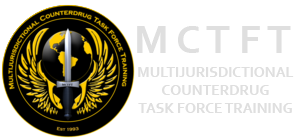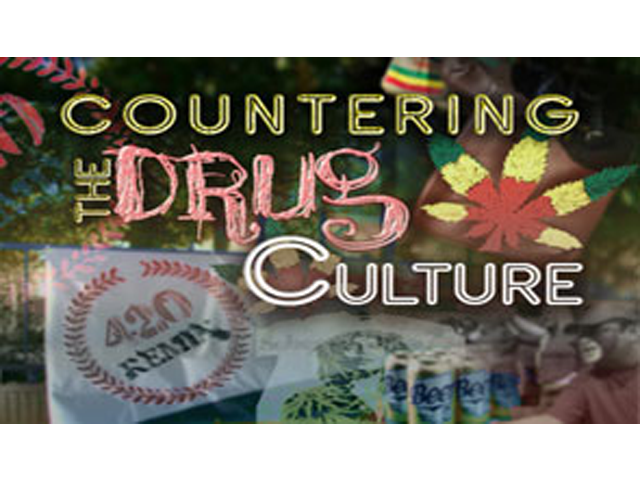During this hour-long CADCA-TV broadcast, see how coalitions are addressing alcohol and drug normalization initiatives. Find out how some in the entertainment industry are trying to show the reality of drug use instead of glamorization. We’ll travel to California where several coalitions have come together to create a group designed to counter the marijuana culture.
Key Concepts:
- Hear what coalitions are doing to counter messages that glamorize drugs
- Find out how the entertainment industry is working to make sure alcohol and drug portrayals are accurate
- See what drugs are specifically associated with a “drug culture”
- Learn how media literacy and an understanding of media messaging can help coalitions counter the drug culture
Originally Aired: September 24, 2009
Panelists
Frank Byndloss
Prevention Specialist, CommPre, a program of Horizon Services, Inc., Hayward, CA
Frank Byndloss has worked in the prevention field for the last five years. After graduating college with a B.A. in psychology, Frank worked in the HIV prevention field designing, implementing and evaluating HIV prevention and medication management programs in the Las Vegas Area. In the past year, Frank has made the transition to substance abuse prevention.
As a Substance Abuse Prevention Specialist, Frank coordinates several coalitions in the San Francisco Bay Area, which address alcohol, tobacco and marijuana issues in the unincorporated areas of Alameda County. Frank coordinates the Ashland/ Cherryland Violence Prevention collaborative, a recipient of a Drug Free Communities grant to address the unique cultural, social and political norms which add to marijuana problems.
Marie Gallo Dyak
Entertainment Industries Council, Inc., Executive Vice President, Program Services and Government Relations
Marie Dyak is responsible for concept development and implementation of special projects primarily involving the entertainment industry and the substance abuse prevention and mental health fields. This includes public service initiatives, special events, and development of in-kind support for prevention, information dissemination, and entertainment-based human resource issues. Dyak manages EIC’s substance abuse/addiction and mental health/mental illness programs. Her long history of working with both health/public interest and entertainment fields gives her a unique perspective that allows her to understand complex SAMHSA-prioritized health concerns and communicate these to the entertainment industry in a way television writers and other such lay audiences can clearly understand.
Dyak serves as the Co-Executive Producer of the PRISM Awards television special, spotlighting creative contributions that best exemplify the entertainment industry’s efforts to use its unique platform and access to audiences to present accurate information and depiction of mental health and substance use disorders. The PRISM Awards are presented annually in Los Angeles and air nationally on the FX Network.
Dyak has a sociology degree from St. Louis University.
Dr. Janis Kupersmidt
Innovation Research and Training, Durham, NC
Dr. Kupersmidt received her Ph.D. from Duke University in 1985 with specialization in child clinical psychology. She taught for three years at the University of Virginia and then, served on the faculty of the University of North Carolina at Chapel Hill in the Psychology Department for 15 years. Dr. Kupersmidt has been an investigator at the Frank Porter Graham Child Development Institute at the University of North Carolina at Chapel Hill since 1988. She has over 50 peer-reviewed publications including empirical papers, chapters, and an edited book; over 100 scientific presentations; and has served as the Principal Investigator (PI) or co-PI on many federal, state, and private research grants.
In 1999, Dr. Kupersmidt founded a small business, Innovation Research & Training, with the goal of developing empirically validated assessment tools, and prevention and treatment programs for substance abuse and delinquency. At iRT, she leads a multi-disciplinary team that has received grants on a range of topics including media literacy, mentor training, mindfulness, social information processing assessment, emotion recognition assessment, and cognitive behavioral therapy with substance abusing delinquent adolescents.
Related to substance abuse prevention efforts, Dr. Kupersmidt and her colleagues at iRT have developed two media literacy substance abuse prevention programs, namely, Media Detective, for elementary school-aged children and Media Ready, for middle school-aged children. Both programs are have been accepted for review by the SAMHSA National Registry of Evidence-Based Programs and Practices (NREPP).

